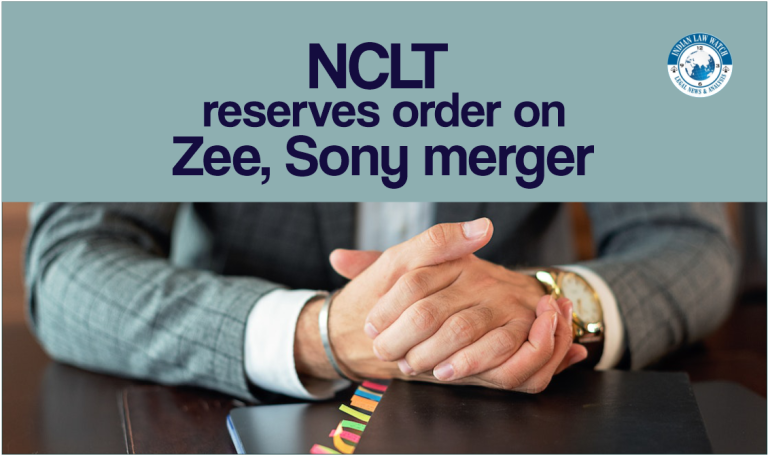
Competition Commission of India, the antitrust activity regulator passed a final order against Maruti Suzuki India Limited (MSIL) for indulging in anti-competitive conduct of Resale Price Maintenance in the passenger vehicle segment by way of implementing Discount Control Policy vis-à-vis dealers, and accordingly, imposed a penalty of ₹200 crores upon MSIL, besides passing a cease-and-desist order. Resale Price Maintenance Agreements or (RPM) are arrangements where resellers agree that they will sell product or products at certain prices at or above the price floor (minimum RPM) or at or below a price ceiling (maximum RPM). Automakers have shown anti-competitive behaviour in their policies to control the discounts dealers can offer to their customers.
According to a CCI statement, MSIL dealers have entered into contracts to limit additional discounts to purchasers in excess of the amount specified by the company. The agreement was reportedly implemented as a deterrent to prevent dealers from offering additional discounts, offers, or giveaways to seduce consumers beyond what MSIL has approved. Vertical agreements imposing RPM are an infringement of the Competition Act under Section 3(4)(e) of the Competition Act, 2002. The requisites of the offence are that (i) the sale of goods to the buyer is preconditioned on the fact that the resale of goods by the buyer shall be on the prices stipulated by the seller, and (ii) the buyer should not be allowed to charge a lower price on the resale than the one stipulated. Thus, only minimum RPM is disallowed, a manufacturer may impose a maximum price beyond which the buyer/re-seller may be disallowed to sell. Further, offences under Section 3(4) require that such conduct cause appreciable adverse effects on competition.
The consistent approach of the CCI in all decisions has been to look into the effect of the RPM on the market rather than adopting a per se approach to fixing resale prices. In Bajaj, the CCI considered the market structure of FMCG products, and in particular, the hair oil segment in India, and opined that it was dynamic, wide and that consumers had various options to choose from. Bajaj did not hold the position of strength in this sector as other larger players were also present in the market. Any RPM arrangements were therefore not likely to affect the inter-brand competition. No penalty was thus imposed by the CCI as it failed to establish AAEC based on the factors enumerated under Section 19(3) of the Act.
As per CCI, dealers found giving discounts beyond the prescribed limit were penalized as per the discount control policy. The penalty was allegedly enforced not just on the dealership but also on individuals working in it like Direct Sales Executive, Regional Manager, Showroom Manager, Team Leader etc.
The largest automaker in India also employed mystery shopping agencies to ensure no additional discount was offered to customers by its dealerships, the watchdog found in its investigation.
Image Source: Maruti Suzuki Website





